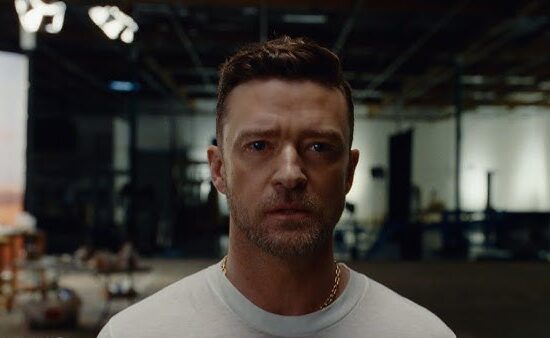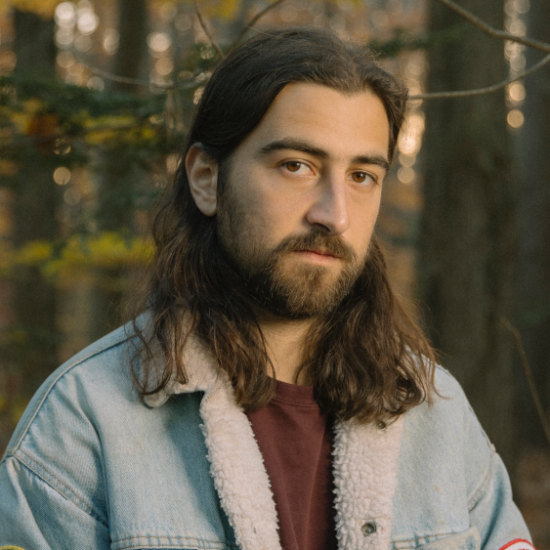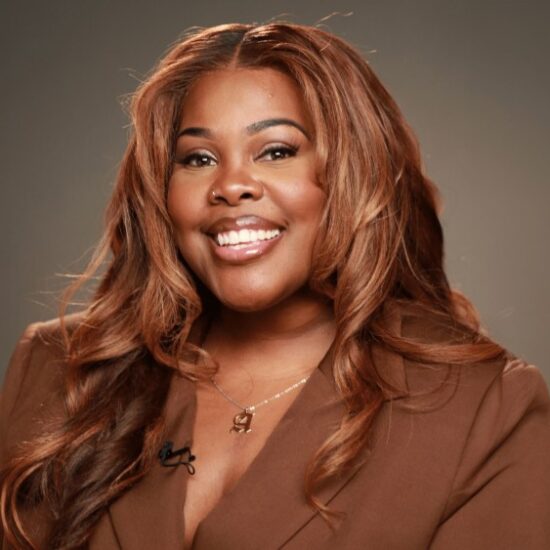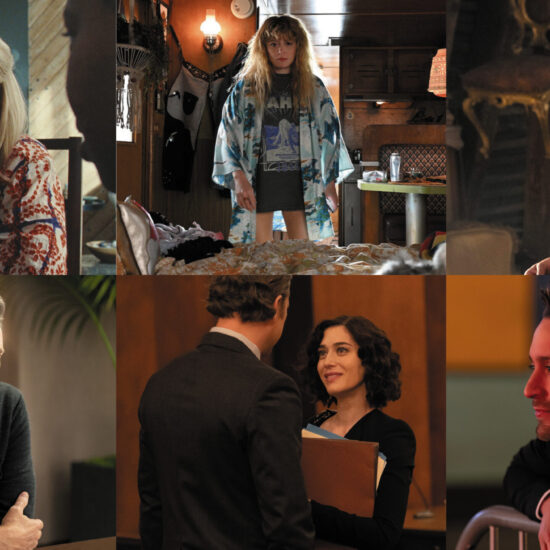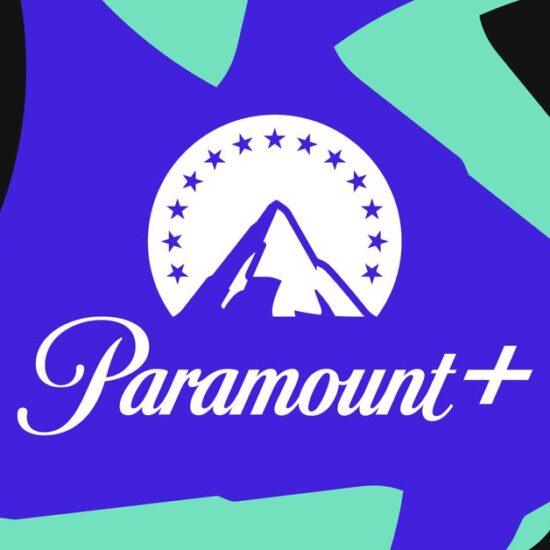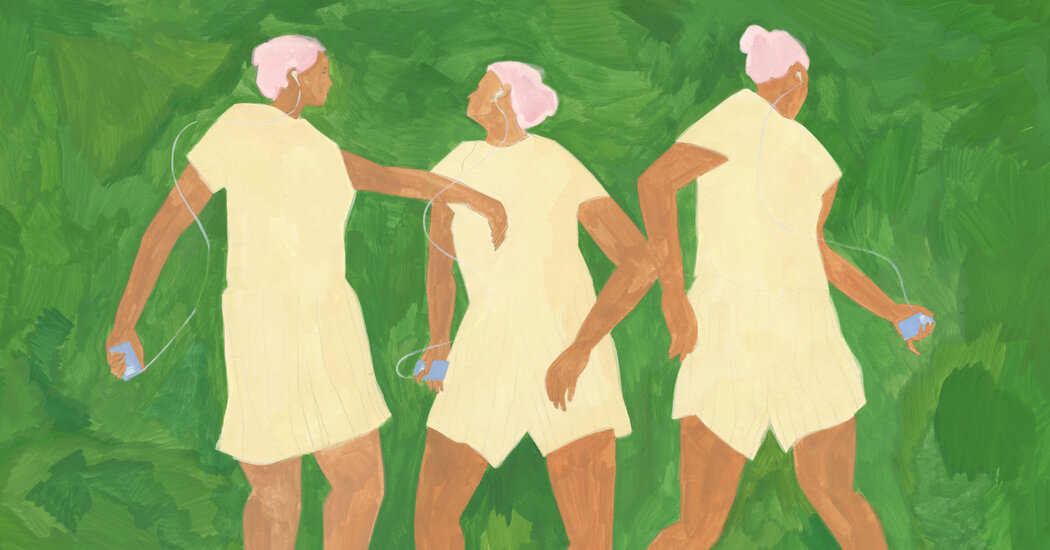
The only music-streaming account I’ve ever had lasted less than 72 hours in 2012. In 2023, I’m still building a non-streaming music collection, shelling out hard cash for what the streaming industry has convinced consumers should be free. As a very online millennial, that makes me somewhat of an anomaly among my peers. I know it’s a privilege for me to pooh-pooh streaming — after all, for those with less disposable income than I have, it offers access to enormous music libraries at little to no cost. But even for those who can afford to purchase music, the concept of paying for songs is a foreign one to many of us.
People like me, who came of age in the decade after Apple introduced iTunes and before Spotify took over the market, belong to what is probably the last generation to remember what it was like to own a music collection that doesn’t live in the cloud. Maybe that’s why I never latched onto streaming services — I didn’t like depending on a third-party platform, or being part of a social experiment that feeds Spotify data that it then sells to advertisers. There’s also the matter of fair pay: Streams are the slowest way for musicians to earn money, at fractions of pennies per stream. Most important, though, I don’t like how streaming feels — like I’m only borrowing something for a while, rather than having a handpicked library of albums (digital or physical) that I’ve vetted and can keep forever.
I was still using iTunes until 2019, when Apple decided to sunset the app and replace it with a new media player called Music (not to be confused with Apple Music, the streaming service). The appeal of the app remains the same: a media player where I can see my entire music library hosted on my local machine rather than in the cloud. In fact, I have several libraries across different devices and drives that — much to my dismay — all differ from one another slightly. What I lack in portability, I make up for in security. Once I add something to my iTunes library, I have it forever. I have no fear of platforms’ removing artists, or of artists’ removing themselves.
When I started this journey in grade school, I, like many of my peers, got around the new order via dubious means. I started by importing CDs I found at the library (the “Juno” soundtrack, anyone?) to my hard drive. I graduated to downloading MP3s online in the heyday of music blogs (“Bitte Orca,” by the band Dirty Projectors, darlings of the hype machine) and searching Google for compressed files. I was a D.J. at my college’s radio station, where we shared files and browsed the station’s racks for CDs we could rip, all to fatten up our iTunes libraries.
These days I’m paying for nearly all my music, and have become more selective when adding to my collection. I lean into Bandcamp for MP3s. The platform’s low barrier to entry allows nearly anyone to share and sell their music, whether they have a distributor or not — a limiting requirement for most major streaming platforms. Bandcamp is also possibly the best way to give the most money to small artists, aside from picking up a T-shirt from the merch table. If something isn’t available on Bandcamp, I’ll scope out used CDs to buy and rip. If I love something enough, I’ll try to get the record. If it’s out of print, I’ll throw it on my wish list and cross my fingers for a reissue. At the end of the day, the goal is to have something to hold onto: a digital file, a CD, a record, anything other than an ephemeral stream.
This isn’t always convenient: Depriving myself of streaming means there’s no easy way for me to repeatedly listen to a song without a deeper monetary commitment; but for me, listening to music is not about convenience so much as engagement. Resisting Spotify pushes me to actively find new music, as opposed to sitting through Discover Weekly playlists generated by an algorithm. I tune into local college stations, or online stations like the London-based NTS Radio network, and go down rabbit holes on YouTube, whose algorithm can still surprise me as long as I give it the right seeds. YouTube can be the most reliable platform for obscure finds, like live sets or rips of small-production seven-inches lost to time (I’m still trying to find out more about Naming Mary, a not-so-S.E.O.-friendly ’90s shoegaze band with little to no internet presence that surfaced after several recommended videos).
This process of discovery has created a stash of albums that is dwarfed by Spotify’s bloated world of curated playlists and anarchic algorithmic “radio stations.” I prefer it that way. When everyone has access to everything, nothing is stamped with the personal memories — the particulars that hold our experience of music together. I don’t need the entirety of recorded music at my fingertips. I just need the few curated albums that I cared enough about to collect. Having my own library means I can distinctly remember the context of every find, and that makes my intimacy with the songs I care about — the ones I can mentally fill in when one earbud falls out as I’m tying my shoes — feel especially rich.
Denise Lu is a visual journalist at Bloomberg News. She has previously worked for The New York Times and The Washington Post.








